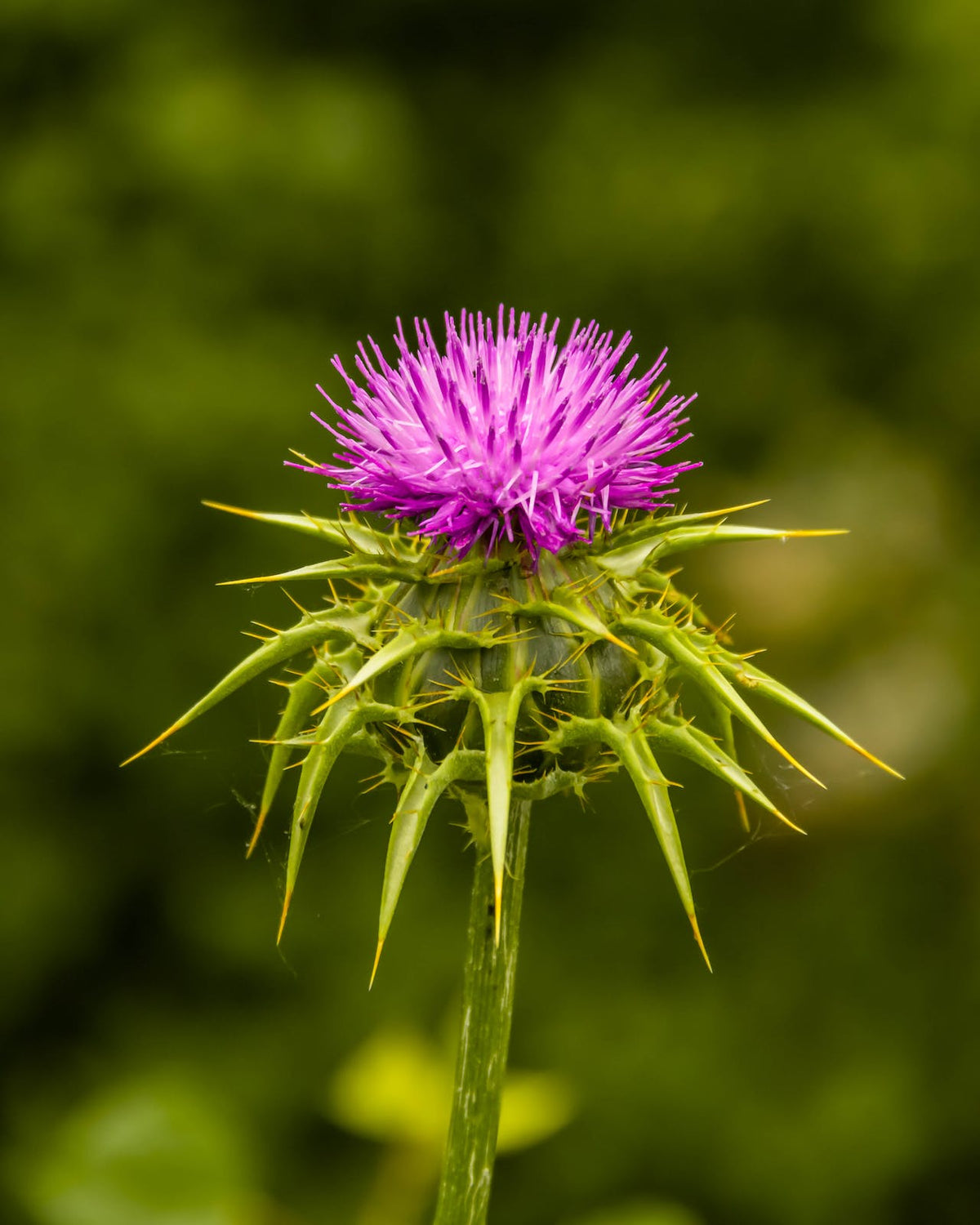08th January 2024
Can You Live Without a Liver?
Dr. Devan Patel, PharmD
Your liver is one of the most important organs in your body. Think of it like your body’s natural filtration system.
It works by filtering out the bad stuff in your blood, producing bile, and storing nutrients. These functions are crucial to your health and survival.
But what happens if you damage your liver or need it removed? Can you live without a liver?
How Your Liver Works
So, let's talk about the function of the liver.
As mentioned, the liver detoxifies the blood that flows through it. It removes harmful chemicals and converts them into less toxic forms that can be eliminated from the body.
Without this vital function, your body would become overrun with toxins, which would eventually kill you.
Another critical function of the liver is the production of bile. Bile is a bodily chemical produced by the liver that acts to break down fats in the small intestine, aiding in digestion. Without bile, the body struggles to digest fats, which could lead to an array of digestive problems and nutrient deficiencies.
Finally, the liver also plays a critical role in storing nutrients like vitamins and minerals. Without these nutrient stores, you would suffer from malnourishment and a weakened immune system.
So, Can You Live Without a Liver?
Can you live without a liver? Nope.
The liver is absolutely essential for your survival. However, it is possible to live with only a partial liver. This is because your liver is the only organ in your body that can regrow itself.
In some cases where the liver is severely diseased, a liver transplant might be necessary to save a person's life. A liver transplant can be done by either transplanting a whole liver from a deceased donor or by surgically removing a part of a living donor’s liver.
Preventing Liver Damage
If you’re asking the question, “Can you live without a liver?”, you’re likely concerned about your liver health.
Certain types of liver damage can be prevented and, in some cases, reversed. The key to protecting your liver and preserving your liver health is by adopting a healthy lifestyle.
Drinking in moderation, consuming a healthy diet, and not smoking are all behaviors that promote liver health. Regular exercise can also help prevent liver damage by helping you maintain a normal weight which can help prevent fat accumulation in your liver.
Additionally, getting vaccinated for hepatitis A and B can prevent liver infections that could lead to more severe liver diseases.
Can Supplements Help Protect Your Liver Health?
Dietary supplements are nutrients like vitamins, minerals, and herbs taken in pill, capsule, or powder form. Nutrients are essential for your overall health, including your liver health.
However, certain nutrients may be more beneficial for your liver than others. Some of these nutrients include:
- Milk Thistle (Silymarin): Milk thistle is a popular herbal supplement known for its potential to protect the liver. It contains an active compound called silymarin, which is believed to have antioxidant and anti-inflammatory effects. Some studies suggest that milk thistle may benefit individuals with liver conditions like hepatitis and cirrhosis. However, its effectiveness is still a subject of ongoing research.
- Turmeric (Curcumin): Curcumin, the active compound in turmeric, has anti-inflammatory and antioxidant properties. It may help reduce inflammation and oxidative stress in the liver. Turmeric is often used in traditional medicine for liver support, but more research is needed to confirm its benefits.
- N-acetylcysteine (NAC): NAC is an antioxidant supplement that can help increase glutathione levels, a natural antioxidant produced by the body. It may be used to prevent liver damage caused by substances like acetaminophen (Tylenol) overdose.
- Omega-3 Fatty Acids: Omega-3 fatty acids, found in fish oil supplements, may have anti-inflammatory effects and could help reduce liver fat in individuals with non-alcoholic fatty liver disease (NAFLD).
- Vitamin E: Vitamin E is an antioxidant that may be beneficial in certain liver diseases, such as non-alcoholic steatohepatitis (NASH). However, it should be used under the guidance of a healthcare provider, as high doses can be harmful.
- Berberine: Berberine, a compound found in various plants, has been studied for its potential to improve liver function and reduce fat accumulation in the liver
While you can pick and choose which liver detox supplements are best for you, an all-in-one liver supplement like The Everyday Liver Supplement can make protecting your liver simpler.*
The Everyday Liver Vitamin contains multiple liver detox ingredients including those listed above. The potent formula may help support your liver health while protecting it from damage with its powerful formula.*
However, while liver detox supplements may help improve your liver health, it’s important to note that they are not intended to treat or cure liver disease and should only be consumed as part of a liver treatment plan.*
Can You Live Without a Liver?: The Takeaway
Can you live without a liver? No, the liver is an incredibly important organ of the body that you need for vital bodily functions.
Although a liver transplant may be necessary in severe cases, it’s always best to take preventative measures by living a healthy lifestyle. Take care of your liver, and it will take care of you.
*These statements have not been evaluated by the Food and Drug Administration. These products are not intended to diagnose, treat, cure, or prevent any disease.


